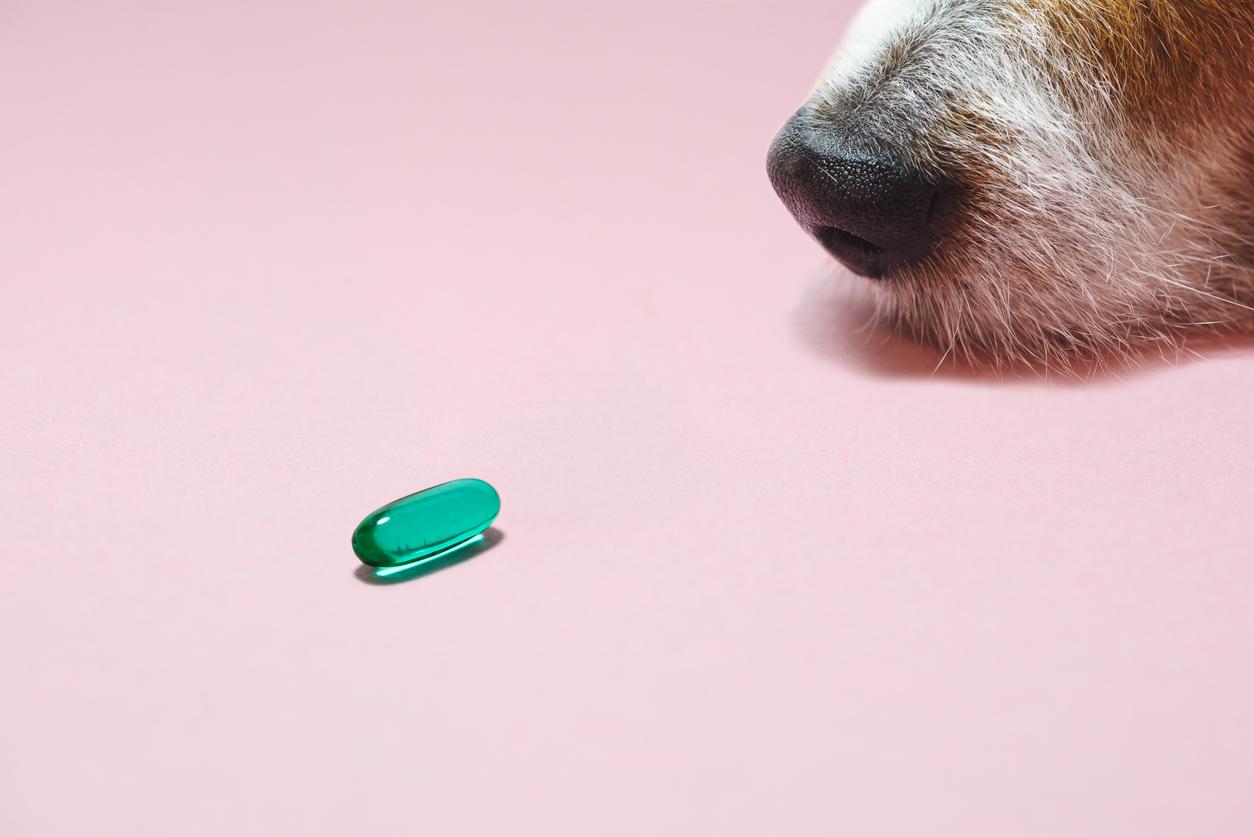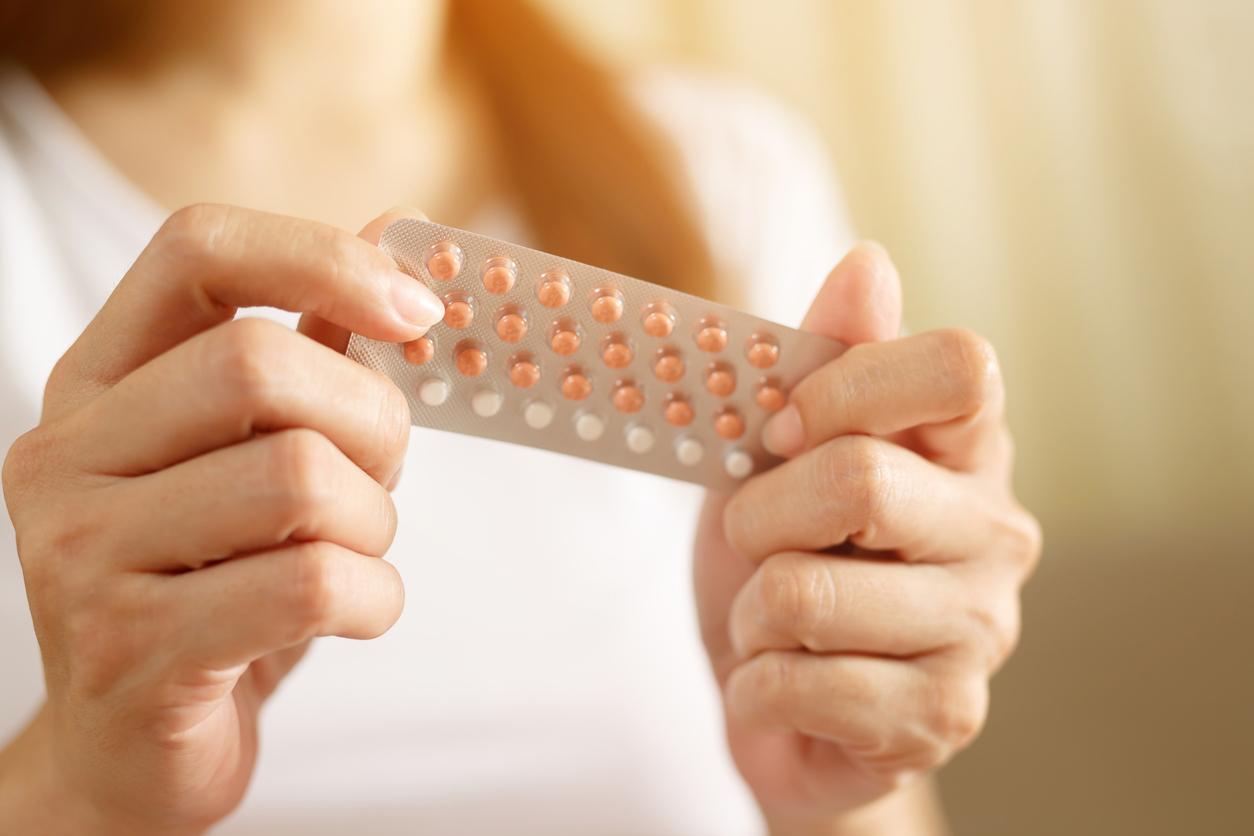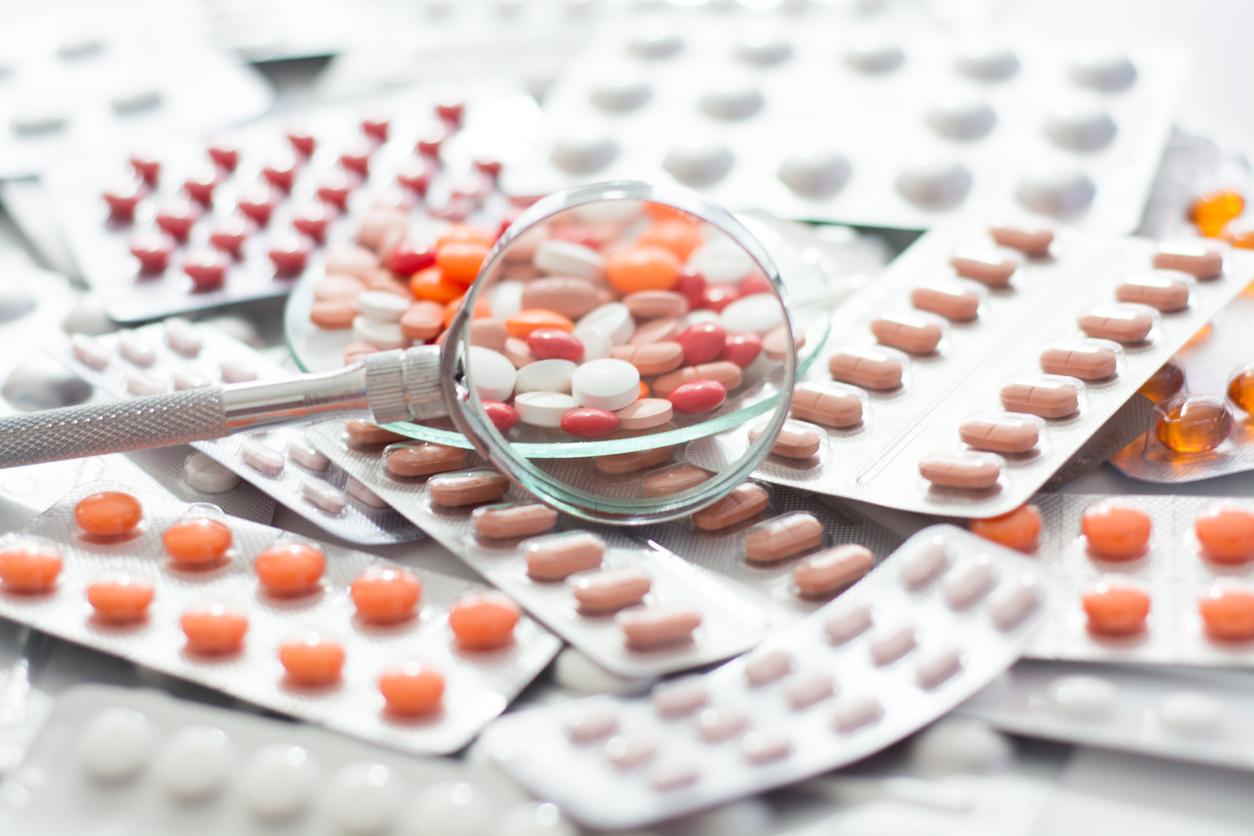
These are the new drugs against covid-19
You don’t hear much about it, but research into a new drug against covid has not stood still. In addition to vaccination, this can help to get out of the corona crisis, because people become less ill from the virus. Here are a few good contenders, including the newly approved Merck pill molnupiravir in the UK.
Molnupiravir is a success
This is one of the top contenders for a real breakthrough. In early October, manufacturer Merck announced that molnupiravir halves the risk of hospitalization or death from Covid-19 in people at high risk. A course of this antiviral should be taken within five days of being infected. Merck wants the drug quickly approved by the FDA. The US government has already taken a shot at it and ordered 1.7 million of these cures, Wired writes. Great Britain has ordered half a million cures. But Merck is also talking to countries that have less to spend and where few people are vaccinated.
Update: Great Britain has approved molnupiravir as a medicine. It concerns treatment of mild to moderate Covid-19 in adults (with a positive corona test), who have at least one risk factor for becoming seriously ill. The British drug authority MHRA has already taken this step, the American FDA and the European EMA are still assessing the research results and reports.
Ensovibep is now being investigated in Utrecht
At the UMC Utrecht, research is being conducted into this antiviral drug in the Empathy study. Ensovibep is administered with an IV for a maximum of 7 days after infection with the coronavirus. It attacks the place where the coronavirus wants to enter the cell and thus prevents the virus from spreading through the body. People who have just been infected can still register for this study.
Two other interesting viral inhibitors
The companies Atea and Roche are working on a viral inhibitor. Unfortunately, they had to report on October 19 that the research results were disappointing. But this study was done in people with mild to moderate Covid-19. They are thinking of repeating the study in people whose disease is more advanced, which may yield better results.
Pfizer, known for the Pfizer vaccine, is now testing a viral inhibitor in tablet form in the EPIC-PEP trial. The new antiviral drug is a prothease inhibitor, in combination with a low dose of the HIV drug ritonavir. The research results are expected in the coming months.
Medications that work on the immune system
Tocilizumab, Anakinra and Baricitinib are drugs that affect the immune system and thus limit the damage caused by the coronavirus. The European Medicines Agency EMA is currently evaluating these medicines. If approved, they will become available for Covid-19. Anakinra is already on the market for inflammatory diseases such as rheumatism.
Remdesivir in hospital for pneumonia
The viral inhibitor remdesivir is already registered as a medicine against covid-19. Remdesivir ensures a faster recovery in patients who are in hospital with pneumonia and who need extra oxygen. The disadvantage is that the drug has not been proven effective against death from Covid-19. Remdesivir is given intravenously, so it is also a bit trickier to administer than a tablet or capsule. But all these drawbacks are no reason to toss remdesivir overboard when something better comes on the market. As with antibiotics, resistance to antivirals can develop. It is then useful to have some on hand.
The ‘old acquaintance’ dexamethasone
This is a drug that inhibits inflammation. Dexamethasone has been a widely used drug for decades in, among other things, rheumatism, skin diseases and asthma. Like remdesivir, dexamethasone is registered as a drug against Covid-19. Dexamethasone also lowers the risk of death in hospitalized patients with Covid-19, who are given oxygen or are on a ventilator.
Monoclonal Antibodies
Monoclonal antibodies attach to the virus, preventing it from attaching to the human cell and stopping its spread. Monoclonal antibodies have not yet been approved as medicines, but some types may already be given to patients. They appear to be able to prevent hospitalization and death. In Rotterdam, for example, the medicine REGEN-Cov was developed with two monoclonal antibodies, read more about it here.















